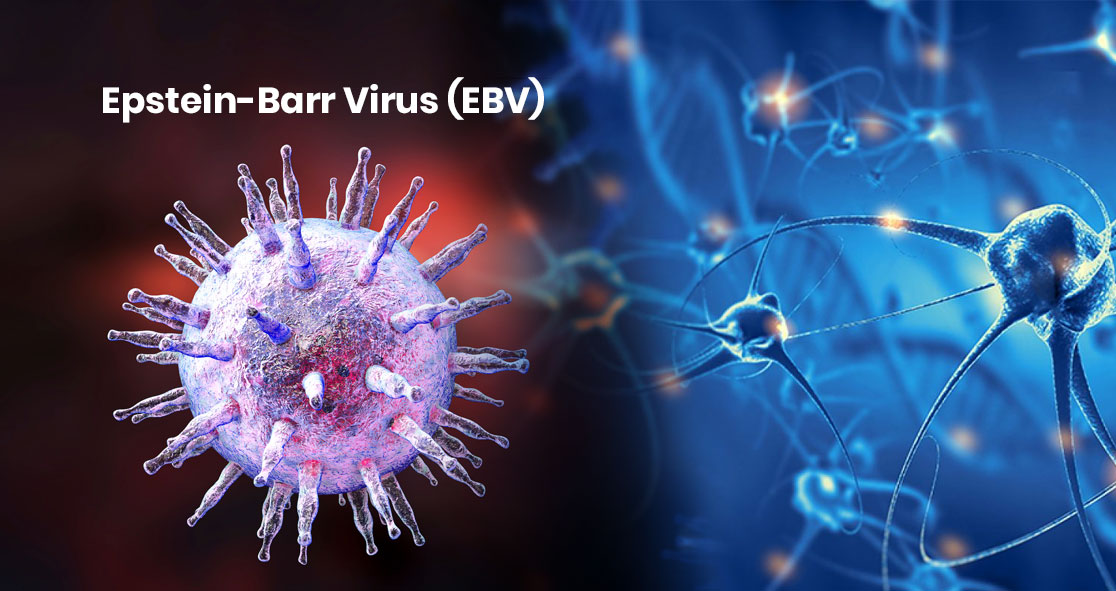A new study has confirmed that the Epstein-Barr virus (EBV) triggers multiple sclerosis (MS), suggesting that a vaccine against EBV could significantly reduce the incidence of MS, according to New Scientist.
The study, published in the journal Science, was conducted on 10 million US military personnel, showing that virtually EBV precedes every MS case.
Alberto Ascherio, Professor of Epidemiology and Nutrition at Harvard T.H. Chan School of Public Health Center, said, “This is really a turning point,” adding the findings should lead to better ways to treat and prevent MS.
MS is a potentially disabling disease of the brain and spinal cord (central nervous system), according to Mayo Clinic. In MS, the immune system attacks the protective sheath (myelin) that covers nerve fibers and causes communication problems between your brain and the rest of your body. The disease could permanently damage or deteriorate the nerves.
EBV causes mononucleosis, which is better known by its nickname, “mono,” according to WebMD. It is also called the “kissing disease” because it could spread via kissing. Many people carry the virus but do not get sick, which makes it difficult to detect the virus.
Prof. Ascherio said, “This [the study] is pretty much unique in the world.”
Of 10 million military personnel, only 5% were uninfected with the EBV when their first blood sample was taken. Overall, 955 developed MS, around 10 years after their first sample was taken.
Yet only one of those who developed MS tested negative for antibodies against the Epstein-Barr virus. Another 34 were uninfected when their first blood sample was taken, but became infected before being diagnosed with MS.
Authors William Robinson and Lawrence Steinman of Stanford University wrote, “These findings provide compelling data that implicate Epstein-Barr virus as the trigger for the development of multiple sclerosis. Now that the initial trigger for multiple sclerosis has been identified, perhaps multiple sclerosis could be eradicated.”
Currently, there is no EBV vaccine but some companies are trying to develop one. Recently, Moderna Therapeutics announced that it had begun testing an experimental mRNA-based vaccine in people.
Clare Walton, Head of Research, UK’s MS Society, said, “Ultimately, we can’t be certain that Epstein-Barr virus is causing multiple sclerosis until we can see what impact preventing Epstein-Barr infection has on multiple sclerosis incidence.”
Prof. Ascherio said finding ways to target the virus directly could also improve treatments. He noted, “The presence of the virus provides persistent stimulation to the immune system.”
A small trial has already found that training T-cells (immune cells) to target EBV improved symptoms.
However, it is unclear why so few of those infected with EBV developed MS. Walton said, “One or more additional factors must be required to trigger multiple sclerosis.”





















